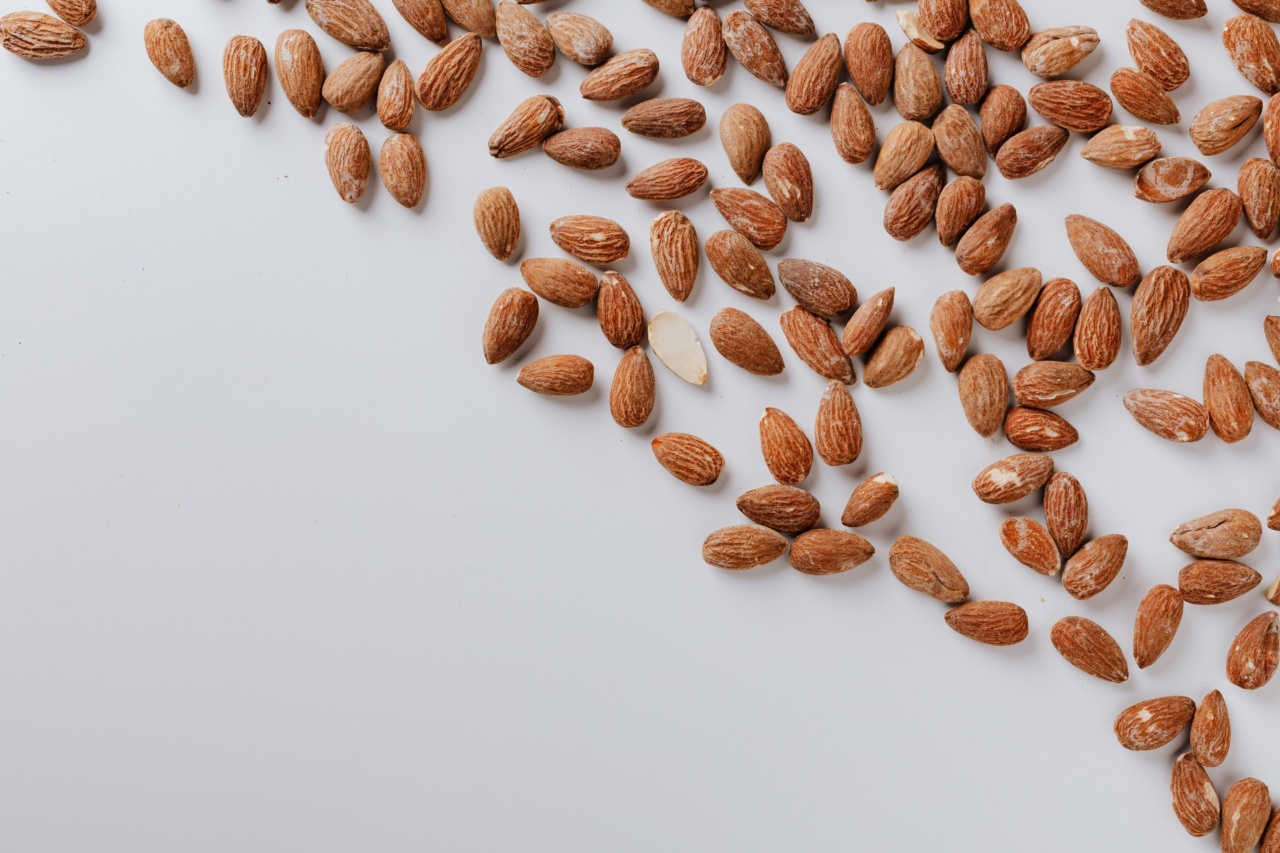Cholesterol is a waxy substance that is found in the cells of our body. It plays a vital role in the production of hormones, vitamin D, and bile acids, which aid in the digestion of fats.
However, having high levels of bad cholesterol (LDL cholesterol) can increase the risk of heart disease and stroke. To maintain optimal cholesterol levels, it is important to follow a healthy diet and lifestyle. One such dietary addition that has shown promising effects in lowering bad cholesterol levels is walnuts.
1. What is Cholesterol?
Cholesterol is a lipid that is naturally produced by the liver and is also obtained from certain foods. It is carried through the bloodstream in various forms, including low-density lipoprotein (LDL) and high-density lipoprotein (HDL).
LDL cholesterol is often referred to as “bad cholesterol” as it tends to accumulate in the arteries, forming plaques that can narrow the blood vessels and restrict blood flow to the heart and brain. On the other hand, HDL cholesterol is known as “good cholesterol” as it helps remove LDL cholesterol from the arteries.
2. The Role of Walnuts
Walnuts are not only a delectable snack but also pack a punch when it comes to nutritional value. They are rich in healthy fats, fiber, vitamins, minerals, and antioxidants.
In addition to being a good source of plant-based protein, walnuts also contain a unique combination of nutrients that have been associated with lowering bad cholesterol.
3. Omega-3 Fatty Acids
Omega-3 fatty acids are a type of polyunsaturated fat that is abundant in walnuts. These fatty acids have been extensively studied for their heart health benefits.
Research suggests that omega-3 fatty acids can help lower LDL cholesterol levels, decrease triglyceride levels, and reduce inflammation in the body. Walnuts are one of the few plant-based sources of omega-3 fatty acids, making them an excellent choice for individuals following a vegetarian or vegan diet.
4. Phytosterols
Phytosterols are naturally occurring plant compounds that have a similar structure to cholesterol. When consumed, they compete with cholesterol for absorption in the digestive system, leading to a reduction in cholesterol absorption.
Walnuts contain a moderate amount of phytosterols, which may contribute to their cholesterol-lowering effects.
5. Fiber Content
Dietary fiber is incredibly important for overall digestive health and plays a role in maintaining cholesterol levels. Walnuts are an excellent source of dietary fiber, with a single ounce (28 grams) containing about 2 grams of fiber.
Soluble fiber, in particular, has been shown to reduce LDL cholesterol levels by interfering with its absorption. Incorporating walnuts into your diet can be an easy way to increase your fiber intake and improve cholesterol management.
6. Antioxidants
Walnuts are rich in antioxidants, including polyphenols and vitamin E. These antioxidants help protect the body against oxidative stress and inflammation, which are underlying factors in the development of heart disease.
The unique combination of antioxidants present in walnuts may contribute to their cholesterol-lowering effects and overall heart health benefits.
7. How to Incorporate Walnuts into Your Diet
Adding walnuts to your diet is simple and can be done in various ways. Here are a few suggestions:.
Snack: Enjoy a handful of walnuts as a nutritious snack between meals.
Salads: Sprinkle chopped walnuts over leafy green salads for added crunch and flavor.
Oatmeal: Stir in a handful of walnuts into your morning oatmeal for a nutty and satisfying breakfast.
Baking: Replace part of the flour with ground walnuts in your favorite baked goods recipes for added nutrition.
Trail Mix: Create a custom trail mix by combining walnuts with other nuts, seeds, and dried fruits.
Smoothies: Blend walnuts into your favorite smoothie for an extra boost of healthy fats and nutrients.
8. Precautions and Considerations.
Although walnuts have numerous health benefits, it’s important to consume them in moderation due to their high caloric content. A recommended daily portion is about 1 ounce (28 grams), which is equivalent to approximately 7-10 walnuts.
Additionally, some individuals may be allergic to tree nuts, including walnuts, so caution should be exercised in such cases.
9. The Bottom Line
Walnuts are a delicious and nutritious addition to any diet. They provide a range of health benefits, including the ability to lower bad cholesterol levels.
Incorporating these nutrient-dense nuts into your meals and snacks can contribute to heart health and overall well-being. However, it is always important to maintain a balanced diet and consult with a healthcare professional for personalized advice.






























